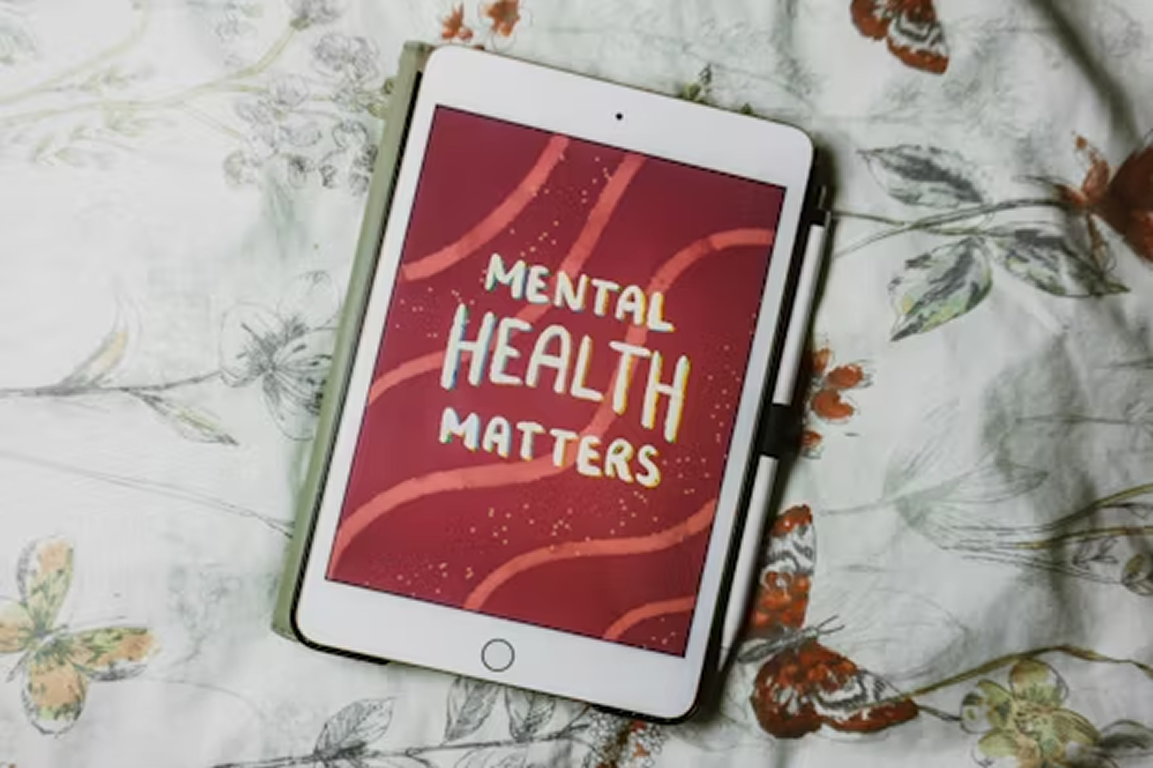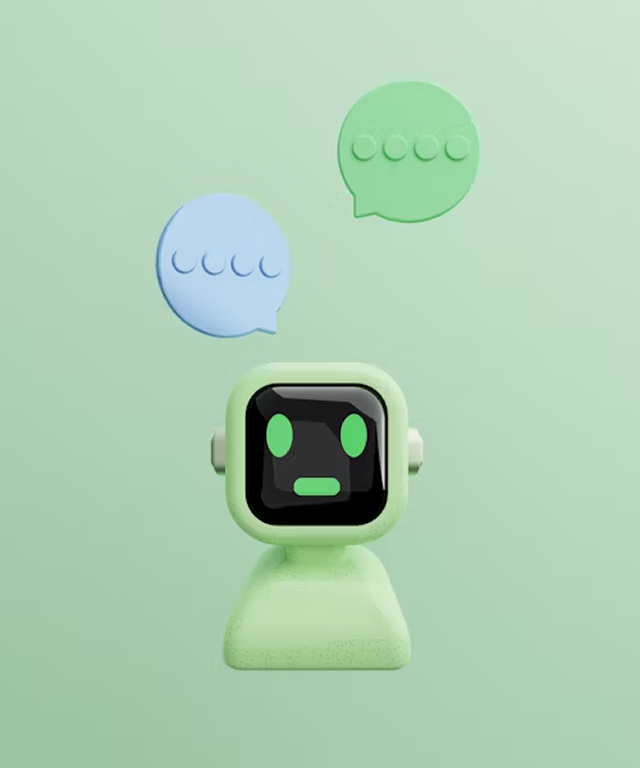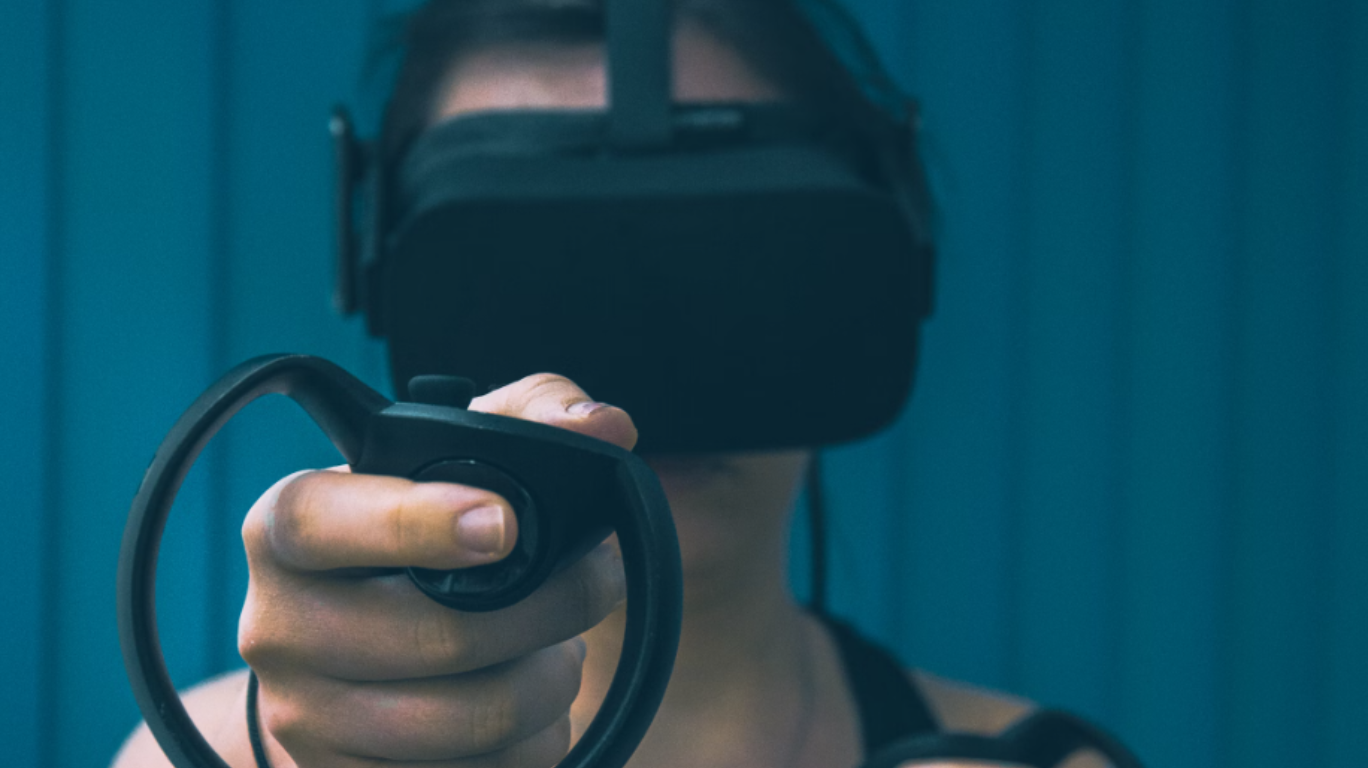AI and Mental Health: How Artificial Intelligence is revolutionising mental wellness

Artificial Intelligence (AI) has become part of our daily lives in recent years, helping us with everything from voice assistants like Siri to self-driving cars. However, one inspiring use is in the field of mental health. AI is transforming the way we approach mental wellness, offering new ways to understand, support, and care for our minds.
What is AI?
Artificial Intelligence is when machines or computers are designed to think and learn like humans. Unlike traditional computers that only do what they’re programmed to do, AI can make decisions, solve problems, and even learn from experience. This technology is being used more and more in mental health to help people cope with challenges like anxiety, depression, and stress.
How is AI Helping in Mental Health?
Therapy and counselling support: One of the biggest ways AI is helping with mental health is through therapy. Chatbots, accessed using an app or website, offer people a chance to talk to an AI-powered assistant that can help with common mental health struggles. These chatbots can provide emotional support and help you work through difficult feelings. They can guide you through relaxation techniques or teach you ways to manage stress, offering help whenever you need it, day or night.

Early detection of Mental Health issues: If Mental Health struggles can be detected early, it can help people get the right help sooner. AI tools can analyse speech, social media posts, or even how people write to detect signs of depression or anxiety. By studying patterns in language and behaviour, AI can spot changes that might show someone is struggling. This could be particularly helpful in identifying problems before they become more serious.
Mental Health Apps: There are now many apps that use AI to help people with their mental health. These apps offer guided meditation, mood tracking, and even cognitive behavioural therapy (CBT) exercises. Wellbeing apps use AI to provide users with personalised mindfulness exercises based on their mood or stress levels. This allows people to manage their mental wellness in their own time and space.
Better access to care: Not everyone has easy access to health professionals. AI is helping to bridge this gap. Virtual therapists or AI-guided therapy sessions can be available to anyone with an internet connection, which means people living in remote areas or those with busy lives can still get help. AI doesn’t replace human therapists but can work alongside them, offering support when therapy appointments aren’t available.
Is AI the answer to all Mental Health problems?
While AI is a powerful tool, it’s important to remember that it is not a perfect solution. AI cannot replace human connection or the empathy and understanding that a trained therapist can provide. It’s also important to note that AI tools should always be used alongside, not instead of, professional care if needed.
There are also concerns about privacy and security. For AI to work effectively, it needs access to personal information, which can be worrying for some people. It's important to make sure that any AI-based mental health service is safe and that data is kept secure.
The Future of AI in Mental Health
AI’s role in mental health care will likely grow as technology evolves. Future AI systems could offer even more personalised support, helping people manage their mental health in ways we’ve never thought possible. They might be able to predict mental health issues even earlier or provide real-time assistance to those in crisis.

AI might also help reduce the stigma around mental health. With AI-based tools, people can get support without having to speak to anyone face-to-face, which could make it easier for some to reach out for help. However, AI is just one part of the picture and should be used alongside traditional therapy and human support when necessary. As we move forward, AI has the potential to make mental health care more accessible, personalised, and effective for everyone.



